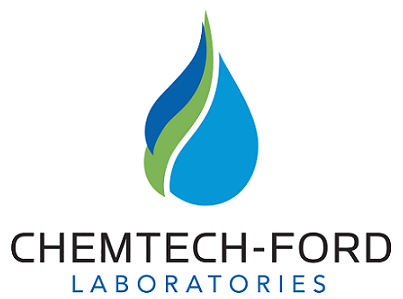Analytical data is at the center of every environmental project. Chemtech-Ford’s project managers are highly trained and experienced in analytical requirements for drinking water, groundwater, wastewater, underground storage tanks, hazardous waste and other projects. Avoid wasted time, effort and money by consulting with us early during project planning. We’ll help you develop specific sampling, analytical and data specifications to meet your specific requirements. These requirements will include:
- Analyte selection
- Method selection
- Detection and reporting limits
- Sample containers
- Sample volumes
Sample Collection and Field QC
Chemtech-Ford project managers and our affiliates are experts in environmental sample collection and quality assurance. Environmental sampling is an integral part of the overall environmental data acquisition processes that includes:
- Sample Collection & Preservation
- Laboratory Sample Preparation and Analysis
- Field and Laboratory Quality Control
- Data Assessment
As the first step in the chain, the impact of sample collection on data quality cannot be overstated. Simply put, no amount of meticulous lab work can make up for a poorly collected or unrepresentative sample. Conversely, reliable and meaningful data are produced when industry-accepted sampling strategies, equipment and techniques are used.
Sampling Plans
Field sampling plans should include site specific data quality objectives. Data quality objectives outline the acceptable overall level of uncertainty based on the nature of the sampling event. Prior to sampling, a plan should be devised where potential sources for error and variability are determined and the appropriate type and number of quality control samples set to determine precision, accuracy, reproducibility, representativeness, and completeness of field data. Field QC samples often include:
- Sample duplicates
- Trip blanks
- Field blanks
- Equipment blanks
The sampling plan should outline a sampling strategy that ensures that the resulting data are representative of the site in question. Discrete (grab), composite or incremental sampling methodologies may be employed. Throughout the sampling process, care must be taken to prevent sample contamination. Sampling equipment should be cleaned carefully between sample points and the appropriate sampling containers and preservatives utilized. Sampling should proceed from the least contaminated to the most contaminated areas to minimize the potential for cross contamination.
Prior to sampling, it is always recommended that you contact your Chemtech-Ford project manager to discuss important project details including required detection limits, analytical methods, holding times, sampling containers and volumes of sample required for the analyses being performed. Chemtech-Ford provides this consultation and the sampling containers free of charge.
